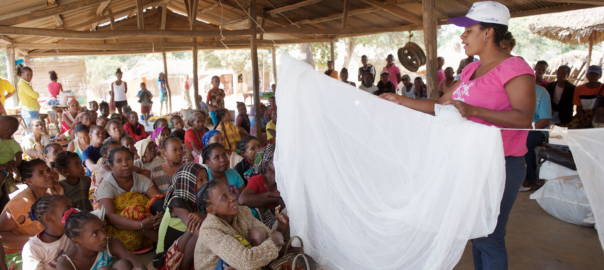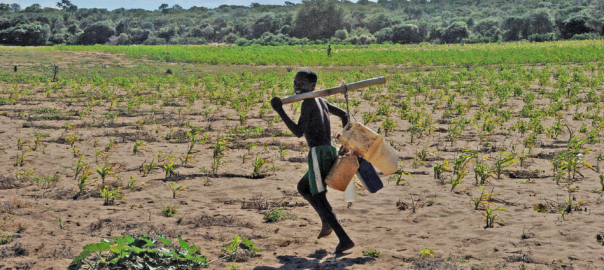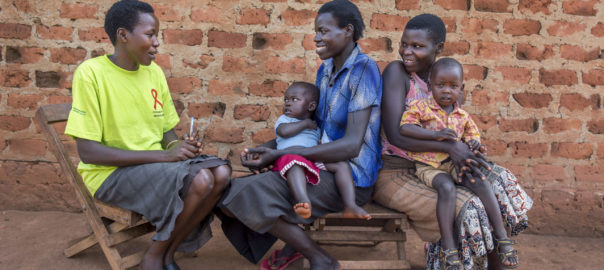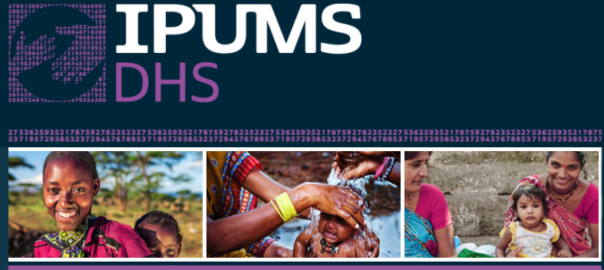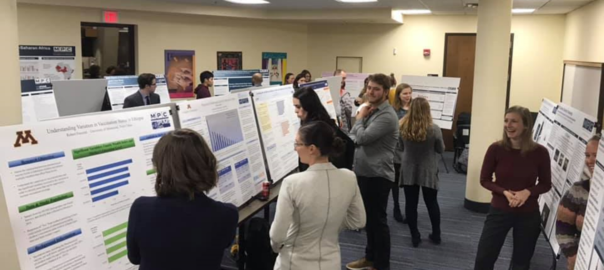Harmonized Malaria Indicator Survey Data Now Available through IPUMS DHS
Sustainable Development Goal (SDG) target 3.3 aims to end epidemics including malaria. The WHO Global technical strategy for malaria 2016-2030 sets targets to: DHS Program data are essential for monitoring malaria prevalence, for example through diagnostic blood testing of children under age 5. The DHS Program also frequently collects information on malaria prevention measures such […]

